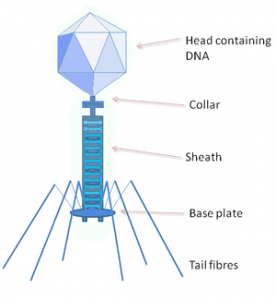

A recent New York Times article focused on Collins’ religious beliefs. The following statement, which was buried in the article, worries me much more:
While acknowledging the importance of basic sciences like biochemistry and genetics, he said he wanted scientists to consider clinical or therapeutic implications in their work. We’re not the National Institutes of Basic Sciences, he said. We’re the National Institutes of Health.
Since its inception, the NIH has supported both clinical research, the kind that can make us healthier, and basic research, which might not ever have a ‘payoff’. But basic research – letting scientists pursue what interests them – often leads to practical advances. One example is the work on bacteriophages, plasmids, and restriction enzymes, seemingly only of academic interest, that lead to the field of recombinant DNA technology.
It’s very easy to identify medically important problems – cancer, diabetes, heart disease – but who is smart enough to know which obscure area of research will lead to improvement of human health? Often the most important advances come from unexpected beginnings.
If the NIH reduces its support of basic science, who will step in to fill the void? Or will there be no more research on insect viruses (which lead to novel ways to synthesize proteins in cells), viruses that protect aphids from fatal wasp stings, and the diverse and abundant viruses of the seas?

Comments are closed.